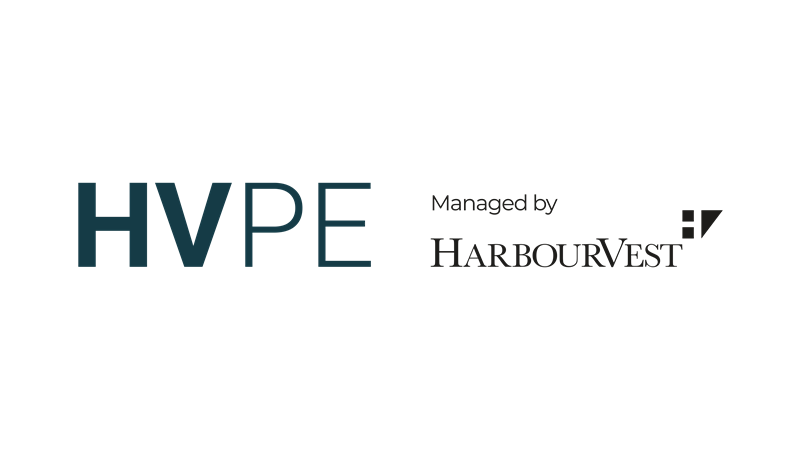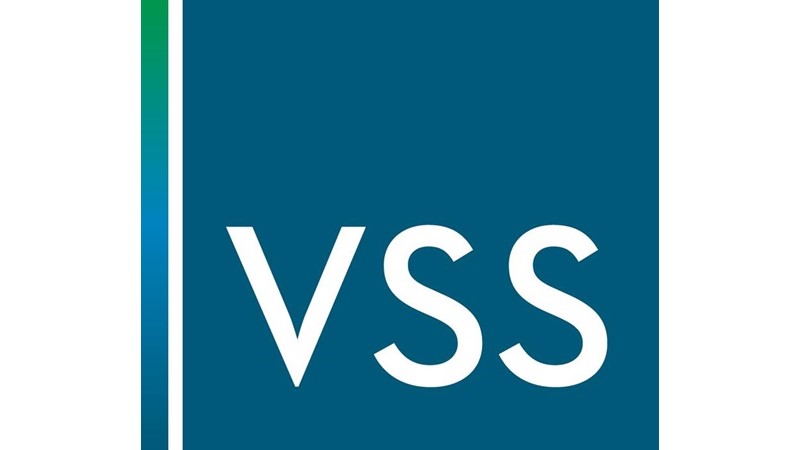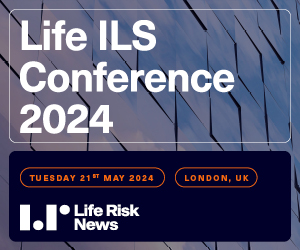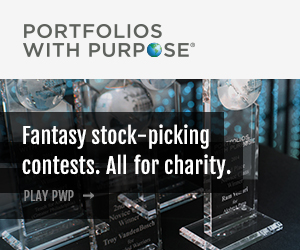Back to the Future: Opportunities for Hedge Fund Managers in the New Era of Market Volatility
The period from the beginning of 2009 to the end of 2021 will almost certainly be seen by future historians as one of the greatest ever eras of equity markets growth. If you had invested $100 in the S&P 500at the beginning of the period, you would have had $682.13 at the end, an extraordinary return of +15.92% per annum.
Why did this happen? Economies internationally had just been through the Global Financial Crisis and policymakers and central banks were extremely concerned about the potential for continued tumult and a lengthy recession. Consequently, they acted swiftly with stimulus programmes designed to stimulate the economy, using unconventional instruments such as quantitative easing to encourage lending to support businesses of all industries and sizes.
The conventional economic wisdom had always been that the danger of such intervention was that it would eventually produce inflation, but there was little sign of that for most of the decade after the crisis. With economies still fragile, central banks continued to intervene, flooding the market with cheap money, which had the knock on effect of boosting risk assets like stocks; prices and markets continued to rise.
We can, however, say that this period has now ended. Inflation has returned at last, spurred by the rise in commodities prices across the board earlier this year due to the Russian invasion of Ukraine and supply chain disruption that continues to be a hangover from the Covid-19 pandemic. Equity markets have fallen as a result of investor concerns about the geopolitical situation and the prospect of a global recession.
It would be unrealistic to think now that the post-GFC days of persistent, positive equity market returns are going to return any time soon.
This means we could be facing a secular trend downwards in equity market returns. In fact, we could be back to the pre-Global Financial Crisis era where U.S. equities were often up a lot and down a lot but net flat over sustained periods of time, like we observed in the decade 1998-2008.
All of this has huge consequences for investors. In the period 2009-2021, the high equity market returns encouraged many investors, both institutional and retail, to put money into passively managed, long equities products.
It is good to be long equities when they are going up, but not so much when they are going down. When markets are volatile or going down, investors turn to strategies and asset classes which are not correlated to the broader market or which can benefit from volatility, i.e., they can generate positive returns from market downturns.
This is exactly what most hedge fund managers do. The classic equity long/short hedge fund is both long and short the market simultaneously, enabling it to generate positive returns even when the market is down; even though most long short hedge funds are net long, their short positions help to soften the blow. Macro and managed futures hedge funds trade multiple underlying asset classes, accessing differentiated sources of returns.
The current environment creates strong opportunities for hedge fund managers. During the previous era, in which being passively long in an index tracker could get you 15-20% a year, it was harder to make the case for actively managed strategies which protect against the downside.
But that has already changed dramatically with investors now pivoting towards alternative strategies and with leading analysts encouraging them to do so. For example, J.P. Morgan, in their 2022 Alternative Investments Outlook, said, “A new market environment requires a new investing playbook. We encourage investors to consider, or reconsider, how alternatives more broadly can help them achieve their investment goals.”
Now is therefore a time of significant opportunity for alternative investment managers in terms of both performance and capital-raising. But to raise capital they will need to be able to communicate their differentiation and edge to sophisticated investor audiences, and to be able to maintain a strong reputation in the market.
A strategic communications programme is vital to achieve those goals. Whereas many hedge fund managers see communications advisory primarily through a lens of minimising reputational risk, more are coming to understand that both engaging with appropriate media in a proactive manner and producing their own content can help them build their profile among institutional investor audiences.
**********
Christen Thomson is a Senior Director and an alternatives specialist for Citigate Dewe Rogerson
***
The views expressed in this article are those of the author and do not necessarily reflect the views of AlphaWeek or its publisher, The Sortino Group
© The Sortino Group Ltd
All Rights Reserved. No part of this publication may be reproduced, stored in a retrieval system or transmitted in any form or by any means, electronic, mechanical, photocopying, recording or scanning or otherwise, except under the terms of the Copyright, Designs and Patents Act 1988 or under the terms of a licence issued by the Copyright Licensing Agency or other Reprographic Rights Organisation, without the written permission of the publisher. For more information about reprints from AlphaWeek, click here.








